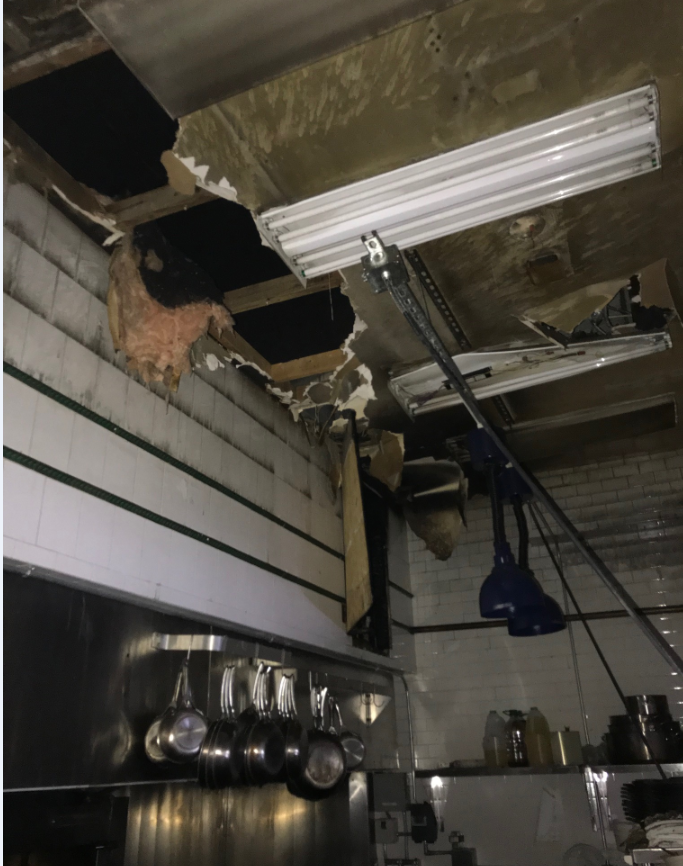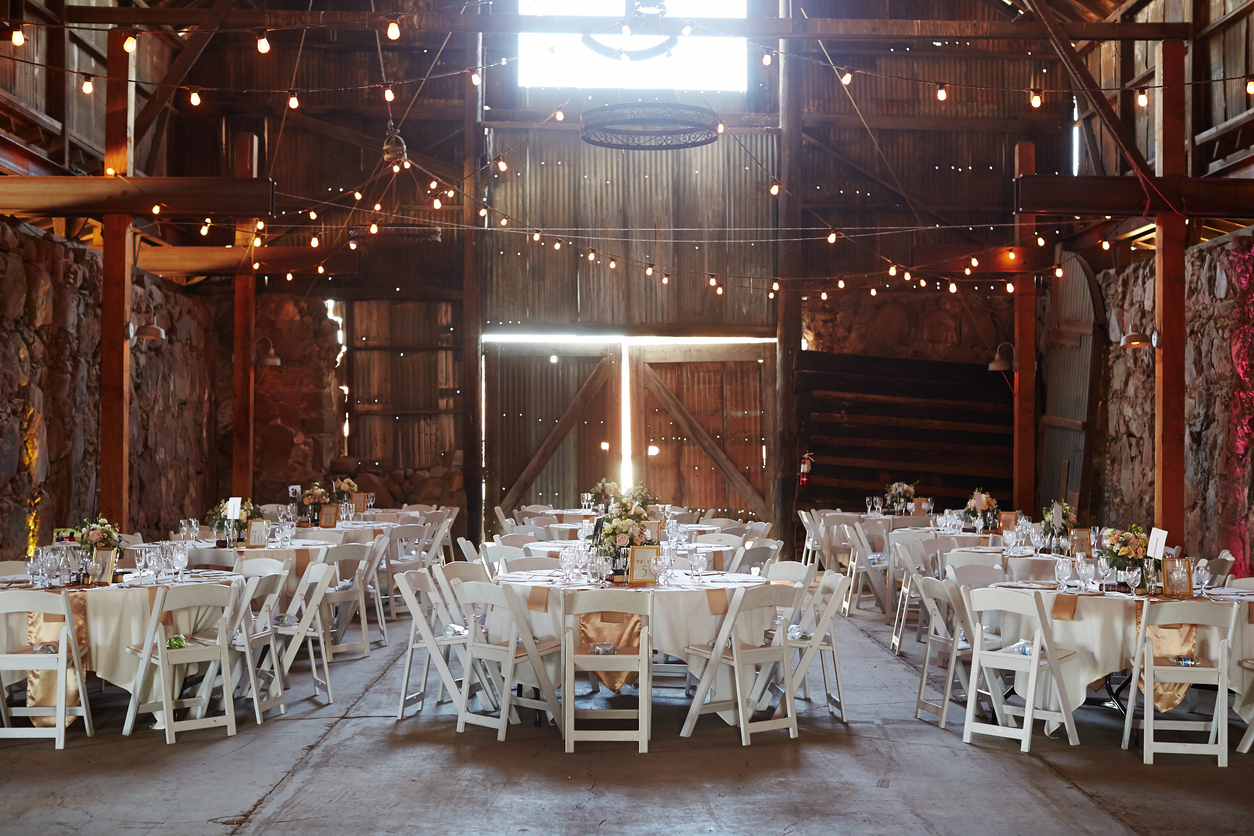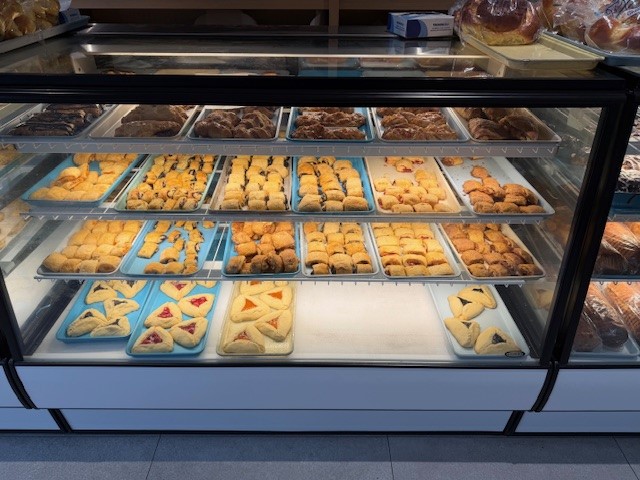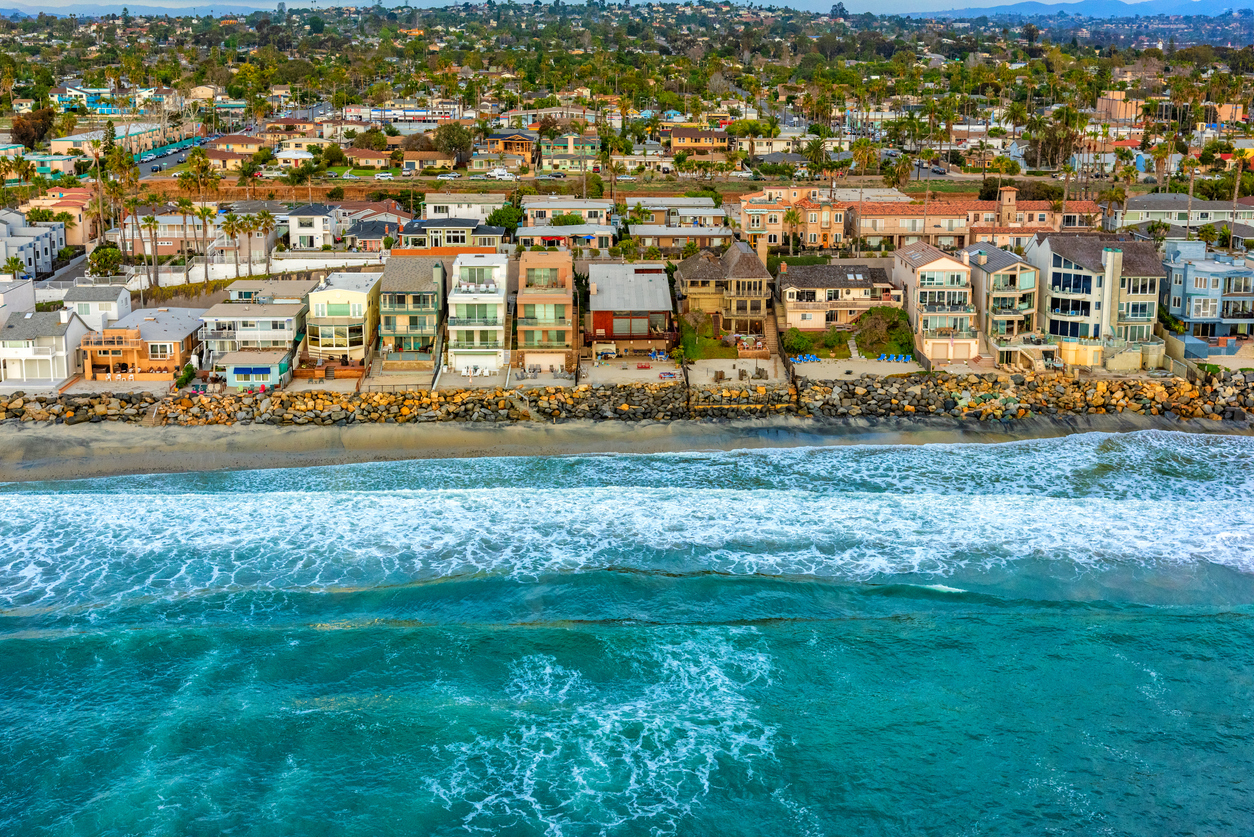On the morning of May 29, 2018, an electrical fire hit Buttonwood, a new and upcoming neighborhood restaurant in Newton owned by chef David Punch and his business partner Shane Smyth. David and Shane turned to SMW to help them navigate the insurance claims process, and they have a few lessons to share with other business owners dealing with catastrophic property loss.
We talked to David and Shane to capture their insights and advice. An overview of our discussion can be viewed below.
SMW: What happened the day of the fire?
David: It was early in the day, still morning. I was meeting Shane at Sycamore (writer’s note: another restaurant owned by Smyth and Punch). So, I was ignoring several calls from my chef. After three straight calls, I figured I had better answer the phone. He tells me “There is a fire!” so I tell him to put it out. But this wasn’t like that – it was a real fire. We drove over immediately and saw 4 or 5 fire trucks out in front of our restaurant. I thought: This is not good. It’s not a feeling you forget very quickly. The Fire Department was setting up a mobile command station, and I heard the fire chief tell his guys, ‘Just cut it open!’ – and I knew then it was as bad as could be. We could see in through the back door and saw the kitchen – it was like Armageddon. The firefighters were in there with pipe poles pulling down the ceiling. It was not a good feeling.
SMW: How did you first react when you saw the kitchen?
Shane: It was a sick feeling. Everything was such a mess. Fire, water and the firefighters’ work caused so much damage. The walls were tile – looking at it after the fire it seemed like the place had melted. All the sludge from smoke was just trickling down the walls. It wasn’t a huge fire, but the amount of damage done was immense. All the equipment was totaled. It’s just remarkable the amount of damage that can get done in just one hour. The fire was in the ceiling, so they had to smash through the ceiling to extinguish it. That caused a lot of interior damage. We initially hoped to be right back in business, but it ended up taking more time than we’d anticipated. We were pretty naive. It was our first fire, so we thought it would take only a few days or a week to rebuild. You have to be hopeful. But the more we surveyed the damage and walked through the space, we became more realistic. We thought it was mainly cosmetic and would take maybe 2 weeks to fix. Then we found out about porous surfaces, and water in the basement, and mold.
SMW: Did you know what a public adjuster was?
David: We had no idea what a public adjuster was. At the accident, it was confusing – there was a random PA there who tried to make himself look very official. He had some kind of a badge and was talking to the fire department officials. He kept saying he’s dealing with the fire and police for us. I finally realized he was not a real official. That’s when I asked him to just give us some space and basically threw him out. It wasn’t until later that I got connected to SMW.
SMW: Buttonwood had opened 5 months before the fire, to much positive fanfare. What was your reaction in terms of the effects to the business?
Shane: Our first reaction was to worry about our staff. Temporary layoffs were a big fear. We were thinking about our team and what it would mean to them to lose their livelihood. Secondly, we worried about the business and our own livelihoods. Buttonwood was only open for 5 months, but we had really hit our stride. We were booked for 2 months out, and had just received a really good review in The Boston Globe. That really brought us to another level. We were really happy about where we were. The fire brought all that momentum to a screeching halt, and it’s really hard to get that back. We didn’t know if we could afford to pay staff or replace busted equipment. Is the landlord responsible, or are we? Where will the money come from to reopen? These were only some of the questions we had.
SMW: How did you retain key staff?
David: We had continuing payroll and regular payroll coverage in our insurance policy, but we weren’t sure how our staff would be affected. That’s one piece where SMW really helped – keeping key employees on the books. By making sure we could keep them employed, we didn’t lose them and could hit the ground running when we reopened. Getting our people designated as key employees in our claim was crucial, because in restaurants it’s always hard to find good staff. We were a busy restaurant that had an all-star team. Thinking of losing them was brutal – we considered not reopening at all. That feeling – knowing we could keep the staff – was the best.
Shane: For us, and for the business, that was the greatest benefit of hiring PAs – and the most unexpected. We didn’t even imagine that our insurance policy would cover paying our staff to NOT work. That claim lasted 10 months – that’s a long time. There’s no way we could have kept paying our staff without that coverage – we couldn’t have sustained it, and then we couldn’t have reopened. Finding out we had that coverage – it really let me sleep at night. Knowing we wouldn’t have to worry about hiring staff was a huge help. The members of our staff all have families and commitments and bills – knowing they would be made whole – it was unbelievable.
David: I remember sitting them down and telling them they would be kept on payroll. The air came back in the room when they knew they could pay their bills and still had jobs. SMW pushed 21 people into the list of key employees – and, really, everyone is key these days. When you take the time to train someone, and they understand how to do something really well, that is a key employee. SMW helped us get that point across to our insurance carrier. We had a cook, for example, who recently started with us and just finished training – he got listed as a Key Employee. SMW fought tooth and nail for us –and really helped our team. Those are lives that SMW directly impacted. For that we will be eternally grateful. Because of that, our connection with SMW is more than a business relationship – it’s personal. The first pizza is on us, guys!
SMW: Would you recommend a public adjuster to other business owners?
David: Absolutely. I recommend SMW to everyone – no matter how small the claim. It was eye-opening how helpful it was to have SMW in our corner. Usually, insurance is something of an after-thought. Our business manager deals with insurance coverage, and we didn’t pay much attention to it. Luckily, it was solid. You pay in, and usually you don’t need it. When we did, it was there. That’s a good feeling. SMW was essential in helping facilitate that. We definitely couldn’t have done it solo. In fact, if the insurance company had been able to dictate the whole process, it wouldn’t have gone as well for us. There are just so many little details, so much to think about; the amount of work is crazy. I think about the inventory list – listing every bottle and glass – it’s just nuts.
SMW: How did having a public adjuster help you?
Shane: Having SMW on our side allowed us to concentrate on our business affairs without the worry of having to deal with the insurance company on a daily – or hourly – basis. SMW took the workload, and the worry, off our minds. Just knowing that SMW was going to get us covered helped our staff and business. SMW had the experience to ensure we had what we needed to rebuild – not just the physical structure, but from the marketing perspective too, with coverage for advertising and promotions at reopening. Knowing someone is handling the day to day with the insurance company made life so much easier.
David: And the Extended Business Interruption Period – how bananas was that? To have SMW advise us on that was hugely helpful. We really did lose some of the momentum we had, even after reopening. To be compensated for that time in the EBI was epic.
Author’s Note: Extended Business Interruption (EBI) is coverage for lost business after you resume full operations following a covered loss period. The policy usually gives you a period of time – 30, 60, 90, 180 or 365 days – during which we will review the operations of the business. If there is a continued shortfall, we can make claim for that under the EBI coverage. We can make claim for the continued losses for the maximum number of days for the EBI period or until sales get back to normal, whichever comes first. It gives the business the opportunity to ramp up operations after reopening.
SMW: How is COVID affecting you?
David: Far worse than the fire. We have had to change and adapt. It’s like night and day. It pulled a complete 180 in our industry – to the point where it’s not even the same industry. First closing down, trashing all the perishables. Then laying off entire staff at some restaurants. We had maybe 90 employees. And we had to send them home. Then figuring out a model that makes sense, pivoting towards take-out – and we had never offered take-out in any of our restaurants, ever. So, it’s been a very different time for us. Shifting that took some getting used to. At first, we would not do “Ramen to go’ – now we do it. It’s all you can do. We had to figure out ways to keep the restaurants going. There’s not much positive to say about COVID-19. Professionally, nothing good has come of this. Staffs are trimmed, and sales are down.
Shane: We have been lucky. Newton has always been supportive. It’s an insulated city, financially, and an older clientele, which has worked for us. Take-out has been robust. We added outdoor dining at each location, and Newton has been great in facilitating that. That was a savior this summer to let people dine, and it kept us alive as a business during the warm season. That’s over, of course, and the winter has been lean. We just have to get to April 1. We do have a new restaurant: Jinny’s Pizza. We feel good about it and we’re excited. We signed a lease 3 weeks before the pandemic. It will be more take-out than our other restaurants, more fast-casual. After all, you gotta keep going!




